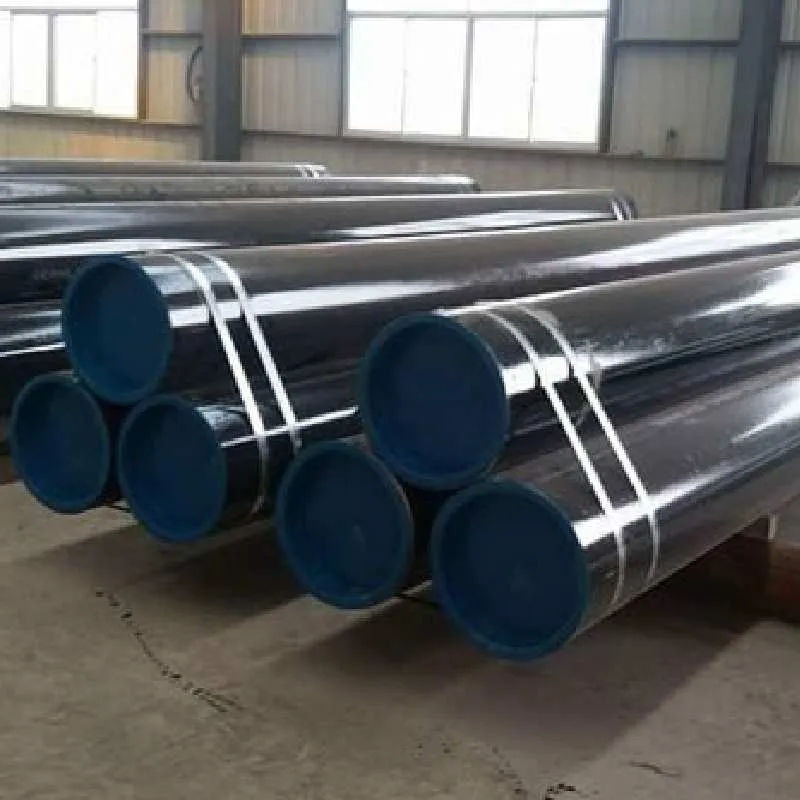-
Cangzhou Yulong Steel Co., Ltd.
-
Phone:
+86 13303177267 -
Email:
admin@ylsteelfittings.com
- English
- Arabic
- Italian
- Spanish
- Portuguese
- German
- kazakh
- Persian
- Greek
- French
- Russian
- Polish
- Thai
- Indonesian
- Vietnamese
- Zulu
- Korean
- Uzbek
- Hindi
- Serbian
- Malay
- Ukrainian
- Gujarati
- Haitian Creole
- hausa
- hawaiian
- Hebrew
- Miao
- Hungarian
- Icelandic
- igbo
- irish
- Japanese
- Javanese
- Kannada
- Khmer
- Rwandese
- Afrikaans
- Albanian
- Amharic
- Armenian
- Azerbaijani
- Basque
- Belarusian
- Bengali
- Bosnian
- Bulgarian
- Catalan
- Cebuano
- China
- China (Taiwan)
- Corsican
- Croatian
- Czech
- Danish
- Esperanto
- Estonian
- Finnish
- Frisian
- Galician
- Georgian
- Kurdish
- Kyrgyz
- Lao
- Latin
- Latvian
- Lithuanian
- Luxembourgish
- Macedonian
- Malgashi
- Malayalam
- Maltese
- Maori
- Marathi
- Mongolian
- Myanmar
- Nepali
- Norwegian
- Norwegian
- Occitan
- Pashto
- Dutch
- Punjabi
- Romanian
- Samoan
- Scottish Gaelic
- Sesotho
- Shona
- Sindhi
- Sinhala
- Slovak
- Slovenian
- Somali
- Sundanese
- Swahili
- Swedish
- Tagalog
- Tajik
- Tamil
- Tatar
- Telugu
- Turkish
- Turkmen
- Urdu
- Uighur
- Welsh
- Bantu
- Yiddish
- Yoruba

Nov . 19, 2024 21:06 Back to list
pn40 flange
Understanding PN40 Flange A Comprehensive Overview
Flanges play a crucial role in piping systems, serving as the connection points for various components such as pipes, valves, pumps, and more. Among the various types of flanges, the PN40 flange is one that stands out due to its specific design and application. In this article, we will delve into the characteristics, advantages, and applications of PN40 flanges, providing a comprehensive understanding of their significance in industrial settings.
What is a PN40 Flange?
The term PN in PN40 refers to the nominal pressure rating of the flange, which is an important factor in determining its capability to handle different pressure levels. PN stands for Pressure Nominal, and the 40 signifies that the flange can handle a maximum pressure of 40 bar (approximately 580 psi) at a specific temperature. This makes PN40 flanges suitable for high-pressure applications, commonly found in industries such as oil and gas, chemical processing, and water treatment.
PN40 flanges are typically made from materials like carbon steel, stainless steel, or alloys, ensuring that they offer the necessary strength, durability, and corrosion resistance. The design of these flanges is governed by international standards, which ensure uniformity and compatibility across different regions and applications.
Design and Dimensions
One of the defining features of PN40 flanges is their design, which adheres to various standards such as ISO 7005-1. This standard provides the specifications for the outer diameter, bolt holes, and thickness of the flange, allowing for seamless integration with piping systems. PN40 flanges are available in various shapes, including weld neck, slip-on, blind, and threaded, each serving a unique purpose in a given application.
The flange dimensions are crucial, as they must align with the corresponding piping components to maintain the integrity of the system. Additionally, PN40 flanges feature a raised face, which helps to create a tight seal when bolted to another flange, preventing leaks under high pressure.
Advantages of PN40 Flanges
1. High Pressure Capacity The most significant advantage of PN40 flanges is their ability to withstand high pressures, making them ideal for demanding industrial applications.
2. Versatility Available in various materials and types, PN40 flanges can be adapted for different environments and requirements. Whether in a corrosive chemical environment or a high-temperature application, there is likely a suitable PN40 flange available.
pn40 flange

3. Standardization The adherence to international standards ensures that PN40 flanges are compatible with other components, streamlining the installation and maintenance processes.
4. Durability Constructed from robust materials, PN40 flanges offer excellent resistance to wear and tear, ensuring a long service life even in harsh conditions.
5. Ease of Maintenance The design of PN40 flanges allows for easy disassembly and reassembly, facilitating maintenance and repairs in piping systems.
Applications of PN40 Flanges
PN40 flanges are utilized across a wide range of industries due to their high-pressure capabilities. Common applications include
- Oil and Gas Industry Used in pipelines to transport crude oil and natural gas, PN40 flanges are critical for maintaining operational safety and efficiency.
- Chemical Processing In facilities that handle corrosive chemicals, these flanges provide reliable connections that can withstand both pressure and chemical exposure.
- Water Treatment In water treatment plants, PN40 flanges are used in various stages of the process to ensure safe and efficient water supply.
- Power Generation In power plants, they are often found in high-pressure steam systems, contributing to efficient energy production.
Conclusion
In conclusion, PN40 flanges are an essential component in various industrial applications due to their high-pressure capacity, versatility, and durability. Understanding their specifications and applications can help engineers and industry professionals make informed decisions when selecting the appropriate flange for their piping systems. With the right PN40 flanges in place, industries can operate safely and efficiently, minimizing the risk of leaks and failures that can lead to costly downtimes. As industries continue to evolve, the demand for reliable and robust flanges like PN40 will undoubtedly persist, underscoring their importance in the world of engineering and infrastructure.
Latest news
-
ANSI 150P SS304 SO FLANGE
NewsFeb.14,2025
-
ASTM A333GR6 STEEL PIPE
NewsJan.20,2025
-
ANSI B16.5 WELDING NECK FLANGE
NewsJan.15,2026
-
ANSI B16.5 SLIP-ON FLANGE
NewsApr.19,2024
-
SABS 1123 FLANGE
NewsJan.15,2025
-
DIN86044 PLATE FLANGE
NewsApr.19,2024
-
DIN2527 BLIND FLANGE
NewsApr.12,2024
-
JIS B2311 Butt-Welding Fittings LR/SR 45°/90° /180°Seamless/Weld
NewsApr.23,2024











